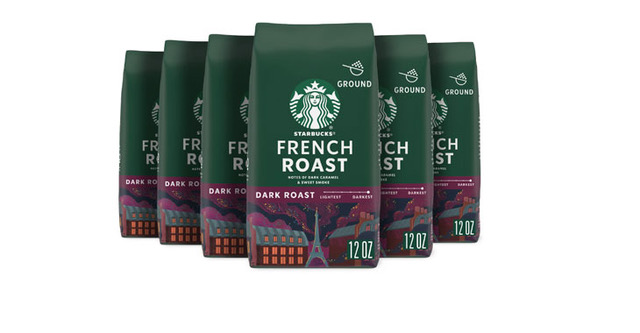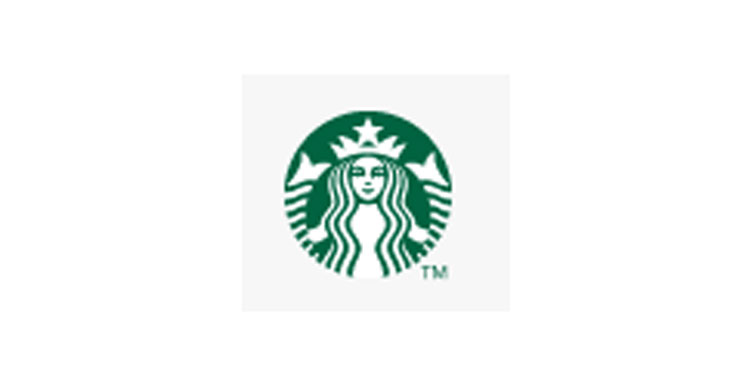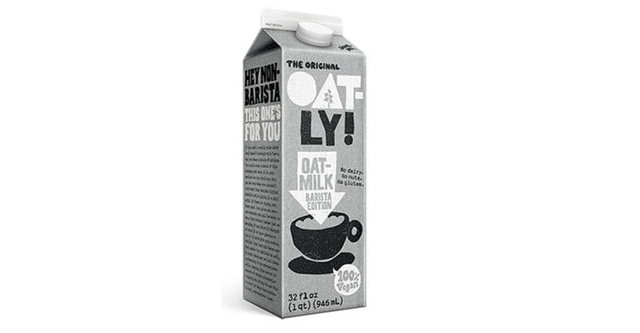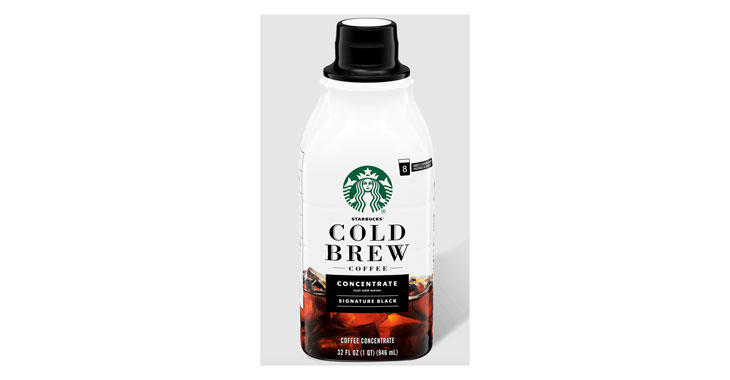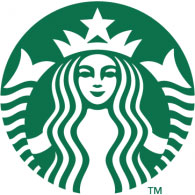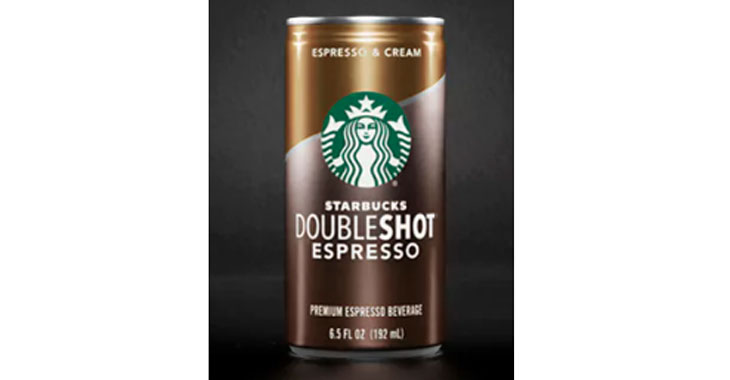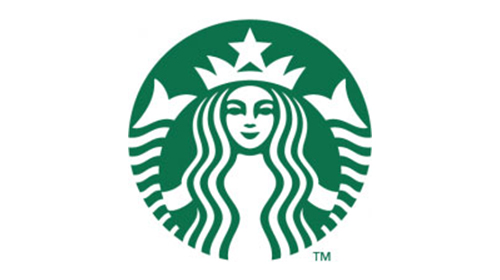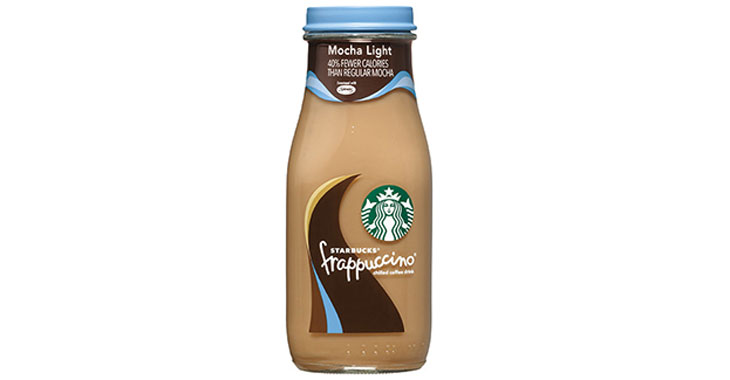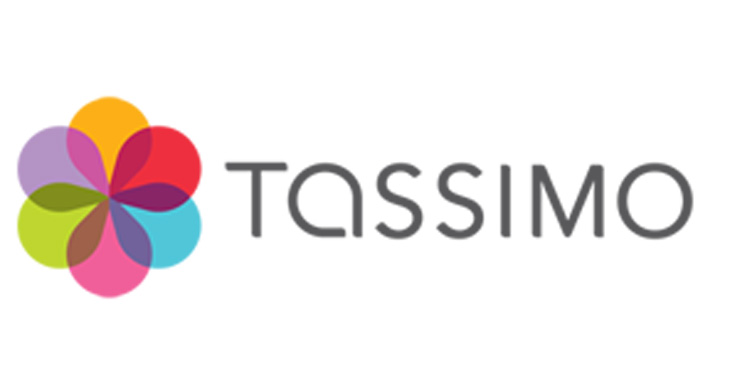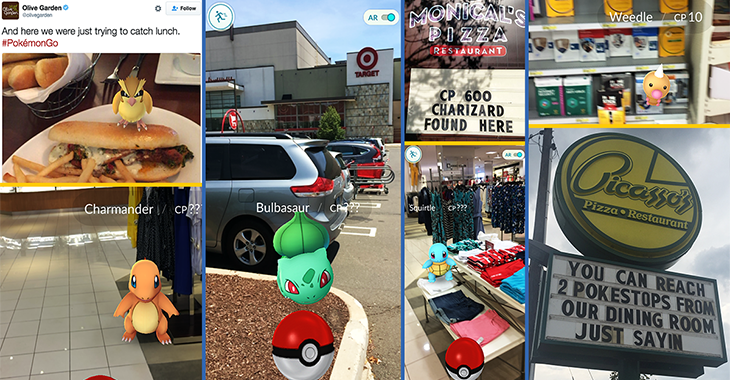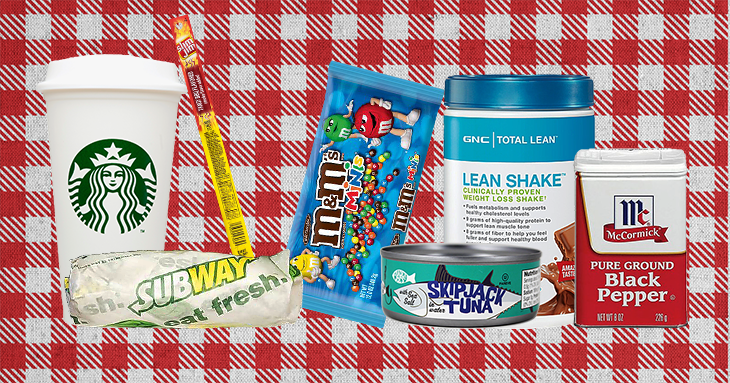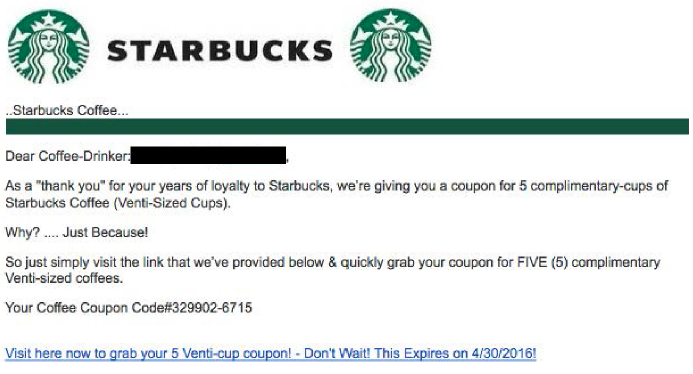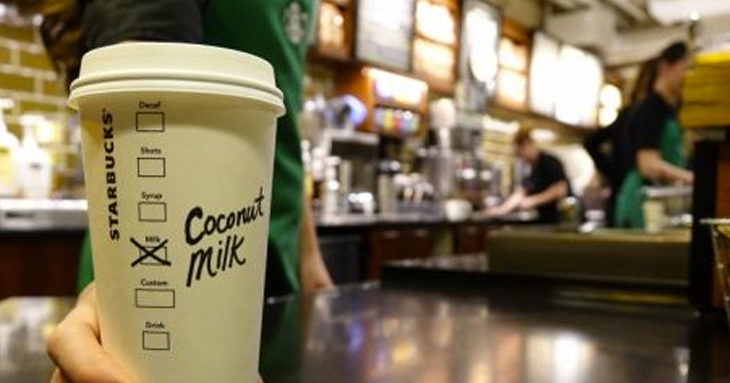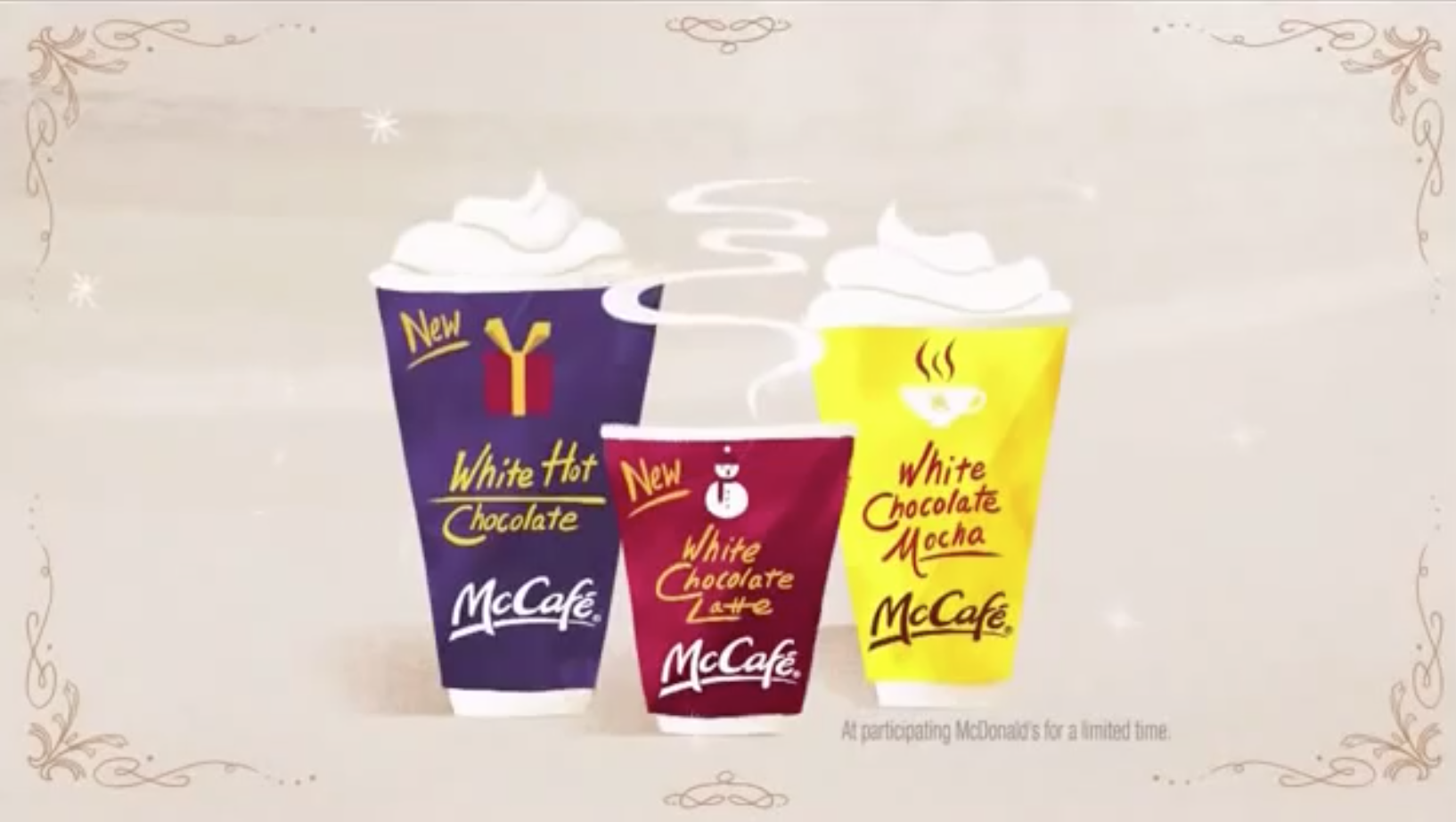
Starbucks Decaffeinated Coffees
Allegations: Falsely marketing that the company respects human rights and uses sustainable practices
November 2020: A federal judge dismissed all of the claims When a complaint is dismissed with prejudice, it cannot be refiled. concluding that the plaintiffs failed to allege that Starbucks engaged in deceptive practices or false advertising. The judge also concluded that reasonable consumers would understand that many of the advertising claims in the complaint constitute puffery (statements of subjective opinions).
2019: A false advertising class-action lawsuit was filed against Starbucks alleging, among other things, that it misleadingly represents that its stores are “clean and well-maintained,” that it provides a “perfect” coffee experience, and that it sells “the best coffee for the best you” when, according to plaintiffs, certain Starbucks stores are unsanitary and use toxic pesticides, putting consumers at risk. The complaint was originally filed in state court in May, transferred to federal court in July, and amended in August. (George et al v. Starbucks Corp. d/b/a Starbucks Coffee Company, Case No. 19-cv-6185, S.D.N.Y.)
For more of TINA.org’s coverage of Starbucks, click here.
Allegations: Falsely marketing that the company respects human rights and uses sustainable practices
Allegations: Beverages do not contain the fruits advertised in the product name
Allegations: Misleadingly marketing products as “100% Arabica Coffee” when they contain added potassium
Allegations: Misleadingly representing that cocoa has been harvested following ethical and environmentally responsible standards
Allegations: Misleadingly marketing bagels as “Sprouted Grain” when they are made primarily with non-sprouted grains
Allegations: Misleadingly marketing products as healthy, safe, and high quality without disclosing that they may contain harmful bacteria
Allegations: Coffee products contain fewer servings than advertised
Allegations: Falsely advertising that the flavor comes from vanilla when the ingredients list shows that the flavor comes from unspecified “Natural Flavor”
The in-store presence of Pokémon prompts TINA.org inquiry about possible marketing agreements.
How much is really in there?
Survey says: Don’t take this survey.
Consumers sour on milk after learning of additives in Starbucks coconut product.
Does McDonald’s beverage met the FDA definition of white chocolate?

